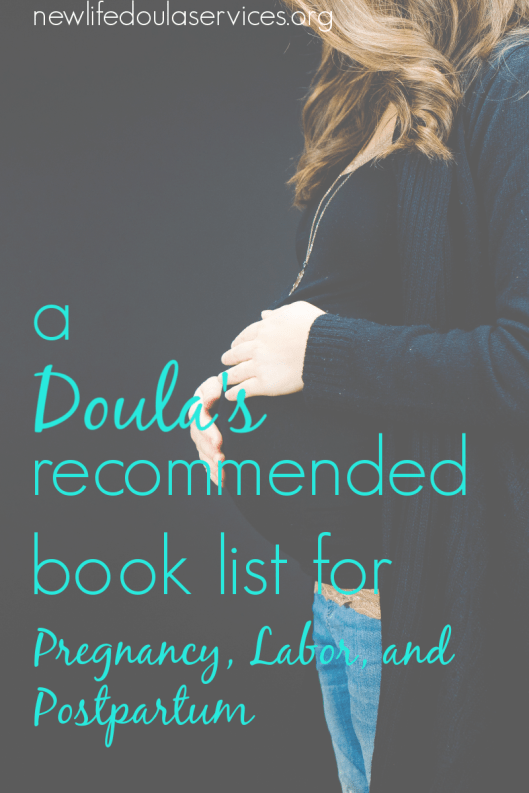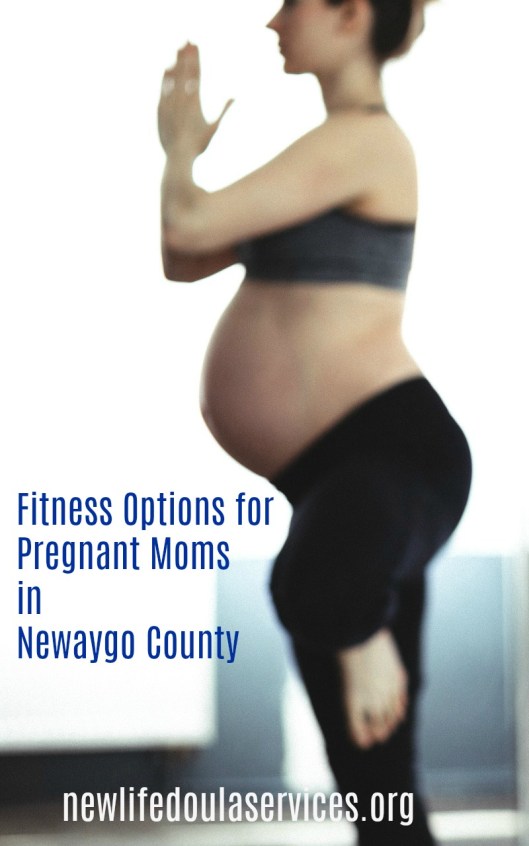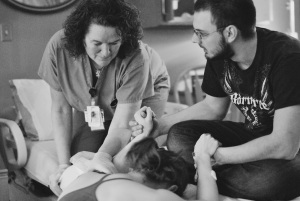Is it Wise to have a Birth Plan?

{As an Amazon Associate I earn from qualifying purchases.}
One question/concern that I frequently hear from my clients about birth plans is about the wisdom of having a plan for such an uncertain event as labor and childbirth.
Is it wise to have a birth plan when I know things might change?
Labor is unpredictable and my wishes in labor could change, so is it wise to get this idea in my head of how I want things to look when I know that there is a chance that it won’t end up that way?
Couldn’t a birth plan that didn’t go as planned make me feel like I failed at such a vulnerable time?
So, is it wise to have a birth plan?
My answer to the concern that a birth plan isn’t wise, is to always keep in mind that birth can be crazy and things happen that we weren’t expecting, but putting together a plan of how you are hoping things go helps point the birth team in the same direction. It keeps you, your care providers, spouse, and doula all on the same page.
If the verbiage of birth PLAN still bothers you, then considering it birth preference list may help. The options that you are outlining are how you are prefer that things happen in your labor, but if things don’t go as you hoped, the negative thoughts that you somehow failed are much less likely to be there.
What are some things that I should consider as I put together my birth plan?
Some areas that you should include in your birth plan information include:
- Your care provider and birth team names
- How you want to handle early labor
- What you would prefer in the case of induction or cesarean
- Positions and pain management techniques you want to try
- If you would like medication offered to you or not
- What kind of atmosphere you would like to see in the labor room
- Do you want newborn eye ointment, vaccinations, circumcision, etc.
- How you want the third stage of labor to be managed, if at all
- If you are a survivor of sexual abuse or trauma
- Who you want to announce the gender of your baby
- Who speaks first when baby is born
- Who is cutting the cord and if you want delayed cord clamping
- Whatever other information your feel pertinent to your labor and the birth of your baby
If you are going to be delivering your baby at Spectrum Health Gerber Memorial in Fremont, Michigan, you should receive a copy of their birth plan to fill out in one of your third trimester packets from the OB/GYN office. You could also print out this template and use it to create your own.
How long should my birth plan be?
As you can see above, there are many things that you could include on your birth plan. While you want to include all information that you feel is important to you, you also should try to remember that you want this to be easily read by your support team. One to two pages is adequate and should cover your preferences.

What are the benefits of having a birth plan or birth preferences?
The biggest benefit of creating a birth plan or a list of birth preferences is that you will, most likely, learn more about the options that are at your place of birth and seek your own knowledge about the birth process and its stages.
How does a birth plan help my support team?
Besides keeping everyone on the same page, a birth plan or preference list helps your team to know that they are giving you the options that you were hoping for and expecting them to offer.
A birth plan is especially helpful for nervous or first-time birth partners. While some partners will be able to remember what you have said is important to you, some will have a hard time seeing you work through the contractions and may forget everything that you said. They may want to “help” you so much that they start offering things that you don’t want. Having a birth plan in the labor room for them to read through as needed can be very calming and helpful for them. {If you have a nervous partner, you will also likely greatly benefit from having a doula there to help them through the labor process as well.}
If you have a doula with you, she may offer things that weren’t on your preference list, but also aren’t going against the type of birth that you were hoping for. Hopefully you will have covered your birth plan in depth in your prenatals.
Your care provider should be excited that you have learned about your options in labor, delivery, and postpartum, and should be supportive of your choices. Showing your care provider your birth plan is a good way to make sure that they are supportive of your rights as a patient and that they will seek to validate those rights in the labor room.










